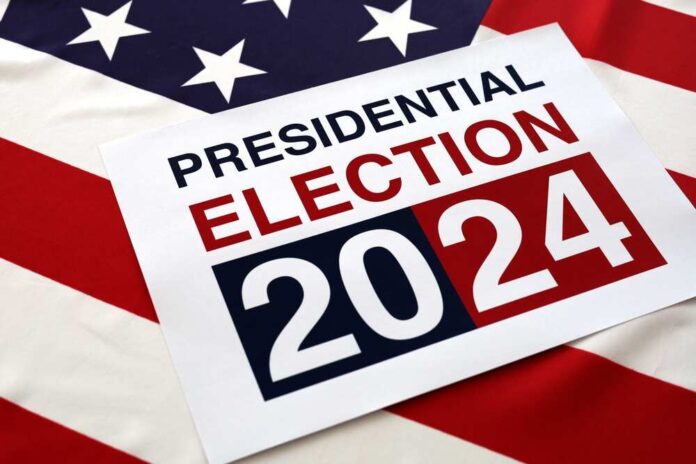
Gavin Newsom, the current Democratic governor of California, is being talked about as a potential key player in the 2024 U.S. presidential race. This speculation persists even though Newsom hasn’t formally declared his candidacy. There’s a noticeable buzz and optimism among his supporters, primarily from the Democratic base, regarding his possible political future.
Despite not actively campaigning for it, Newsom’s re-election as governor and his recent political maneuvers suggest he may be setting his sights on a presidential run, potentially in 2028. Within the Democratic party, there is growing concern about President Biden’s advancing age and perceived effectiveness, leading some members to look for other candidates. In this context, Newsom is increasingly recognized, especially among more progressive Democrats, for his potential as a future leader.
At 56, Newsom exemplifies a newer, more progressive faction within the Democratic party. He has made a series of bold and controversial decisions, positioning himself for a larger role on the national stage. This is highlighted by his recent financial support for a Democratic mayoral candidate in South Carolina, a move seen by political analysts as a strategy to boost his national profile.
Despite Newsom’s denial of any presidential ambitions, the growing unease within the Democratic party about Biden’s position has spurred interest in alternative candidates. There’s no clear consensus within the party, but Newsom’s actions are increasingly aligning him as a formidable candidate for future presidential races, most likely targeting 2028.
Newsom’s investment of $10 million in a political action committee, which targets Republican-held states, further signals his broader political goals. His track record of strategic decisions suggests he is preparing for a higher office.
Newsom has faced substantial criticism on various fronts, notably his handling of COVID-19 restrictions. Critics have labeled these measures, like business closures and lockdowns, as overly severe and inconsistent, contributing to economic difficulties in certain sectors.
The persistent homelessness crisis in California, especially in major cities like San Francisco and Los Angeles, is another area where Newsom’s policies are seen as inadequate. Business owners and conservatives, in particular, have expressed significant dissatisfaction with Newsom’s regulatory approach, arguing that it creates a less business-friendly environment and hampers economic growth.
The closure of schools during the pandemic has also received considerable backlash, with some believing it has adversely affected students’ education and mental health.
Newsom’s leadership credibility suffered a blow with the “French Laundry” incident, where he attended a dinner at a high-end restaurant during a period of advising against such gatherings, leading to accusations of hypocrisy.
Additionally, his decision to impose a moratorium on the death penalty in California has been criticized by those in favor of capital punishment.
Despite some Democrats viewing Newsom as a strong alternative to Biden, his approval ratings among California voters have declined. Recent polls indicate that nearly half of the state’s voters disapprove of his performance as governor.
Given these approval challenges in California, there is speculation that Newsom may need to adopt a different approach to strengthen his national profile and political ambitions. His approval rating has seen a notable decline from earlier in the year, raising questions about his viability as a leading Democratic candidate for the presidency. Only time will reveal the full impact of these factors on his political aspirations.














